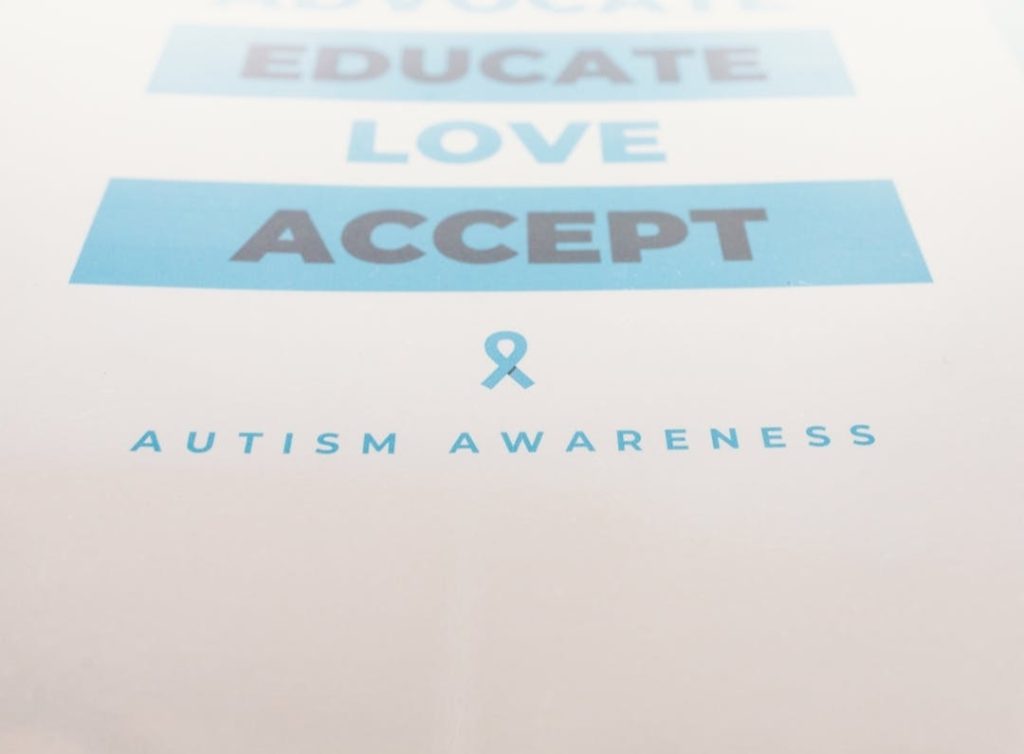As kids, there was always somewhere to go that never got old. Whether it was the neighborhood playground, the public library, or a friend’s house – an exciting, stress-relieving place besides school and home existed. As adults, the cycle of going from work to home and back to work can be mistaken for a routine. However, something that is known as the “third place” is vital to fostering community and the overall health and wellness of an individual.
Defining the Third Place
When I first heard about the “third place,” my initial conception was that it was just another place I’d have to divvy up my time at. However, the “third place” is more than just a hangout spot. The concept is a sociological one that refers to a place that is not home, your first place, or work, your second place, and can take many different forms. The term was created and first used by sociologist Ray Oldenburg in his book The Great, Good Place where he advocates for informal public spaces within the community. Where you find this third place is up to you; it could be a cafe, church, gym, library, bookstore, park, or any spot that suits you!
Third Place Principles
Though a third place can look very different from another one, there are a few attributes that constitute one. The whole purpose of a third place is to disengage from work without being at home and interact with your community. A third place must be:
1. Accessible. Your third space shouldn’t be exclusive! Somewhere you can go or escape to often is ideal. A diverse group of people within your community should be able to access this space. Interacting with those of different backgrounds, ages, etc. is key to broadening your horizons, connecting with others, and possibly opening new doors to friendships and opportunities.
2. Comfortable. Your third place should feel like a home away from home where you feel included, open to communicate and interact with others, and disconnected from work.
3. Conversation friendly. A key aspect of the third place is connecting and interacting with others outside of your family members and co-workers. A place that welcomes easy conversation is necessary.
4. Low cost. The third place should be low cost both in terms of money and energy. Your third place should be somewhere you can go to regularly without breaking the bank and where you feel replenished, not drained afterward.
Third Place Benefits
As briefly mentioned, having a third place presents many benefits. The third place, away from work and home, is necessary for establishing, fostering, and maintaining community. The third place can provide enhancements in these areas:
1. Informal learning. Third places are the foundations of possibilities and conversation. This results in the opportunity for naturally learning from others through exchanging new ideas and experiences.
2. Improved mental health and wellness. Socializing and having a regular place to go to and interact with others can improve one’s mental health by reducing feelings of loneliness, anxiety, and depression.
3. Stress reduction. Third places are places and actions of self-care. Physically separating yourself from two places that may cause stress, like work and home, and choosing yourself through setting aside time to go somewhere to unwind, destress, and recharge is necessary to care for oneself.
4. Community building. Third places build, strengthen, and maintain communities. Establishing third places through city building is vital to ensuring a well-connected and functioning community.
The implementation of third places is more important than ever due to the isolation in the digital world we live in. Third places disconnect us and force us to break our routines and cycles of stress and sit us down to focus on relaxing, communing with others, and strengthening our neighborhoods and communities.
Her Nexx Chapter invites you to join our free Community where women from around the world are connecting with each other’s stories, exploring different experiences, and transforming ideas.
The Future of Connection for Women








0 Comments